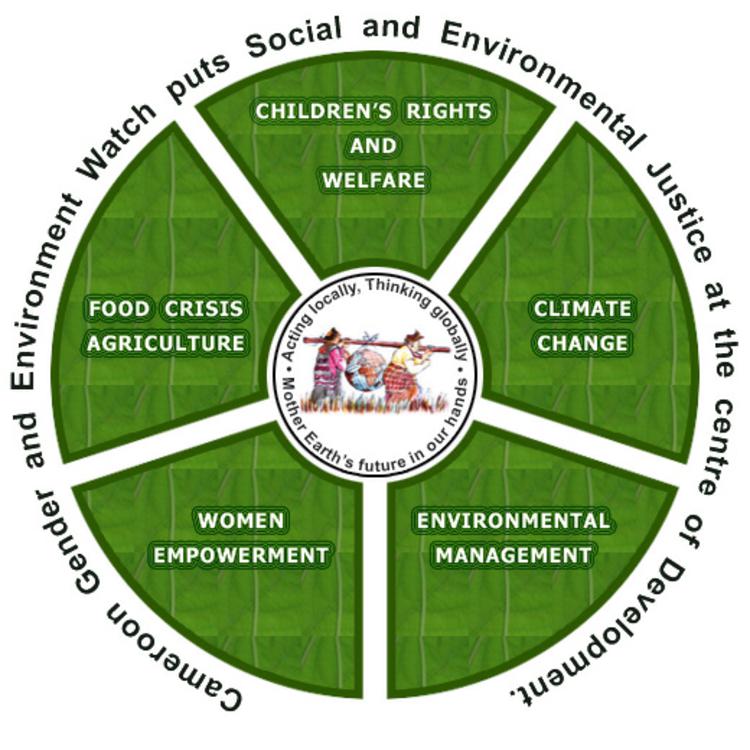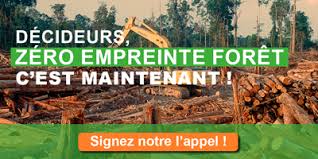Using of climate smart solution to conserve Kilum-Ijim forest for job and income creation
Cameroon gender and environment watch aims to find climate smart solutions for creating jobs and stimulating citizen engagement in forest conservation.


Overview of the project
Climate smart solution for job creation, income generation and citizen engagement in Kilum-Ijim forest conservation in Cameroon
CAMGEW in 2012 while working in the 20 000 hacter Kilum-Ijim forests to conserve the forest discovered that there were many bushfires occurring in the forest that destroyed huge portions of the forest yearly. To tackle bushfire, CAMGEW used apiculture by creating jobs and raising income for forest people : when they own beehives in the forest they will no longer burn the forest. CAMGEW then engaged in training community members on apiculture in Kilum-Ijim forest and provided them with beehives to get started. As they started bee farming many of them found it lucrative and increased their beehives. When honey production increased there was need for a steady market found that could not be found locally. CAMGEW discovered the honey produced had poor quality because of lack production and processing equipment. Marketing was difficult because bee farmers were not organised as they produced individually in small quantity. CAMGEW needed then to secure the market by organizing the farmers into cooperatives. The cooperative leaders were trained on cooperative management and leadership. CAMGEW then created the CAMGEW-Honeyshop to help in marketing their products and also serve as a resource centre. The Honeyshop has continuously bought honey since 2016.
Climate smart solution for job creation, income generation and citizen engagement in forest conservation
Ongoing research
3/1/2012
Bushfires have reduced to zero in 2018.
CAMGEW from 2012 to 2018 has :
– planted 75 000 bee loving trees in the Kilum-Ijim forest
– trained 1 018 bee farmers in honey production, honey and its product quality control and bees wax extraction.
– distributed above 895 beehives to trained bee farmers and organized above 1 000 bee farmers into 5 Oku White Honey cooperatives located around this forest.
– about 1 580 women had been trained on business skills and 1 325 women received financial assistance in form of loans about US$ 5 500 monthly as alternative sources of livelihood to the forest.
– CAMGEW trained 18 youths for 9 days on entrepreneurship in honey value chain development. 24 teenage boys and girls had been trained on dress making, shoe making and hair dressing.
– developed 3 tree nurseries with 150 000 trees.
CAMGEW has succeeded to create :
– a CAMGEW-HONEYSHOP in Bamenda to convert bee farmers honey to money : 18 youths were trained in 2018 on entrepreneurship in honey value chain development for 3 weeks and are now active in the honey value chain.
– a Forest multi-stakeholder plateform to exchange ideas on forest issues and assist in decision making.
– 7 Forest Management Institutions (FMIs) in Kilum forest that manages community forest have been reorganized by CAMGEW after more than 10 years that their terms of offices ended. 772 farmers have also been trained on agroforestry techniques.
As of December 2018
– Bee farmers value the forest now because honey/products equals money : in 2017, there was one bushfire in Nchiiy forest of Kilum and before CAMGEW arrived the scene +70 bee farmers were in the forest and worked as a team to put off the fire before it caused destruction. Forest education for the young and the old is done in schools, rural radios, social media, social gatherings, events, etc to change negative behaviour and build future nature lovers.
– CAMGEW has been sharing her knowledge/experience with bee farmers and cooperatives in Kilum-Ijim forest locally. CAMGEW use local consultants in training and coaching locally accessible and available to work closely with bee farmers in the community .There are exchange visits between honey cooperatives, bee farmers and bee farmer groups.
– CAMGEW is linking actors in the honey value chain to promote sustainable development.The Honeyshop becomes a demonstration centre for research, learning and marketing (honey, beesuits, smokers, bees wax, beehives)
– These women are now trainers of trainers and are also models in their community. They now support their homes and if the girl child is not supported in school their mothers can do so.
– The mbororo are one of the indigenous people in Cameroon. They are found around Kilum-Ijim forest. CAMGEW has worked with them to improve on their health and nutrition through training workshops and development of nutritious food. CAMGEW develop organic farms for them and improve on cattle fodder.
– There is counseling to handle women domestic violence, teenage pregnancies, HIV/AIDS and other Sexually Transmitted Diseases. About 500 women and teenage girls have been counseled with serious issues.
Women around Kilum-Ijim forest area suffer from domestic violence and are economically deprived. Their services like domestic duties are never factored in as household contribution. They are less enlightened. CAMGEW peasant women microfinance work to build women economically.
French IUCN (PPI-FFEM), Man and Nature France, Bees for Development, Cameroon World Bank Development marketplace competition, Birdlife through CEPF Small Grant, Swisshand Foundation Switzerland, New England Biolabs Foundation USA, Associated Country Women of the World UK
organisation
CAMGEW is a not-for-profit organization created in October 2007 to look for a solution to environmental and women’s issues in Cameroon. We do environmental protection by strengthening the capacity of
community members especially women and young people in eco-businesses and forest regeneration for livelihood improvement in the Kilum-Ijim forest area.
in collaboration




